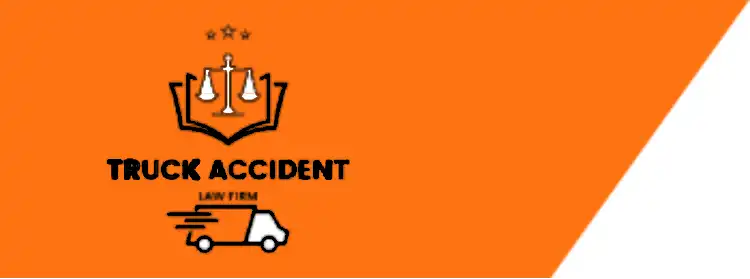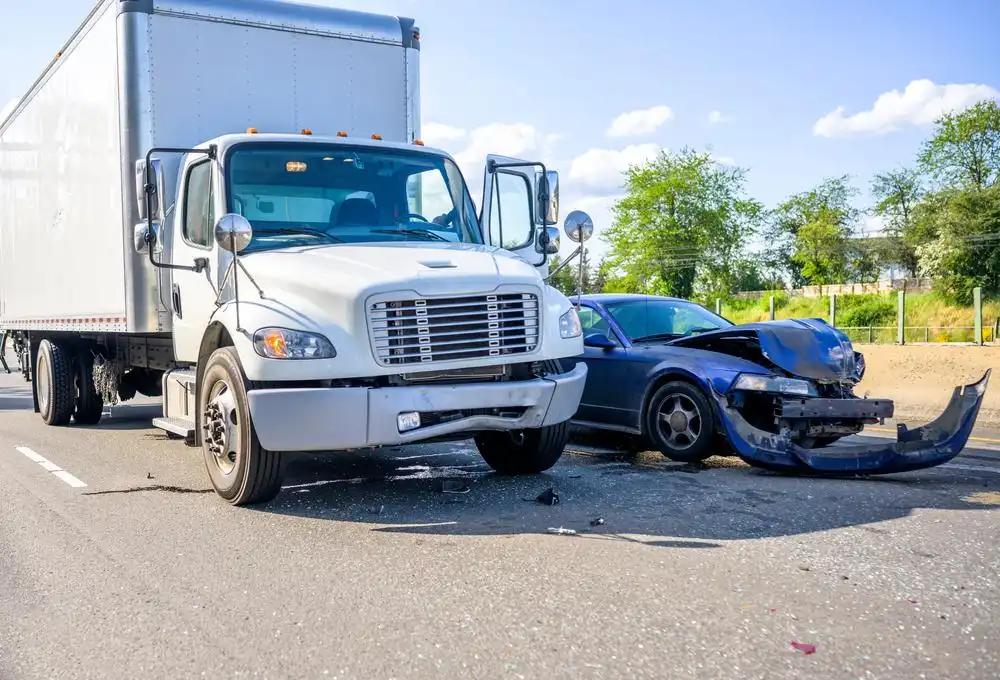Truck accidents are often catastrophic, causing severe injuries, significant property damage, and lasting emotional trauma. If you’ve been involved in a truck accident, protecting your legal rights should be your top priority. Not only will this help you recover damages for your injuries, but it will also ensure that you are treated fairly by insurance companies, trucking companies, and other parties involved.
In this blog, we’ll discuss the essential steps you should take immediately after a truck accident to safeguard your legal rights, avoid common mistakes, and position yourself for the best possible outcome.
1. Seek Medical Attention Immediately
The first and most important step you should take after any accident is to seek medical attention, even if you don’t immediately feel injured. Some injuries, like concussions or internal injuries, may not show symptoms right away. It’s crucial to have a doctor evaluate your condition and document any injuries sustained during the crash.
Why it’s important:
-
Documenting your injuries: Medical records are one of the most important forms of evidence in a personal injury case. A detailed record of your injuries can strengthen your claim and help establish that the injuries were caused by the accident.
-
Insurance requirements: Many insurance companies require proof of injuries in order to process your claim.
Tip: If you are unsure whether an injury is serious, err on the side of caution and get checked out by a medical professional.
2. Call the Police and Report the Accident
It’s essential to report the truck accident to the police as soon as possible. A police report is an official document that records the details of the crash, including the date, time, location, and who was at fault. This report can be a valuable piece of evidence if you need to prove liability later on.
Why it’s important:
-
Establishes liability: The police report may indicate who is at fault for the accident, which is crucial when filing an insurance claim or pursuing a legal case.
-
Provides documentation: The police report can provide important details about the accident, such as witness statements and traffic violations (e.g., speeding or reckless driving).
Tip: Always request a copy of the police report for your records, and review it carefully to ensure all details are correct.
3. Gather Evidence at the Scene
If you are physically able, gathering evidence at the accident scene can significantly strengthen your case. Documenting the scene, the vehicles involved, and the circumstances of the accident will provide important proof to support your legal claims.
What to collect:
-
Photos: Take detailed photos of the accident scene, including the position of the vehicles, any damages, traffic signals, skid marks, and any visible injuries.
-
Witness information: Collect names and contact details of anyone who witnessed the accident. Their statements could support your version of events.
-
Truck driver information: Get the truck driver’s name, license number, insurance information, and trucking company details.
-
Road conditions: Note any hazards on the road, such as poor weather conditions, construction zones, or debris, that may have contributed to the accident.
Tip: If you cannot gather this evidence yourself due to injuries, ask a friend, family member, or another bystander to assist you.
4. Avoid Admitting Fault or Blaming Others
After a truck accident, it’s natural to feel the need to explain what happened, but it’s important that you avoid admitting fault or making statements that could harm your case.
Why it’s important:
-
Inadvertently admitting fault: Even if you think you were partly responsible for the accident, do not admit fault at the scene. This can be used against you later on.
-
Insurance companies: If you admit fault, insurance companies may use your words to minimize or deny your claim.
Tip: Simply exchange necessary information with the other parties and speak with the police or your attorney before making any statements.
5. Contact an Experienced Truck Accident Lawyer
An experienced truck accident lawyer can guide you through the legal process and ensure your rights are protected. Truck accident cases are often more complex than car accidents due to the involvement of large commercial entities like trucking companies, insurance carriers, and third-party vendors.
Why it’s important:
-
Trucking industry regulations: Attorneys familiar with truck accident law understand the regulations and standards that trucking companies and drivers must follow, such as the Federal Motor Carrier Safety Administration (FMCSA) guidelines.
-
Investigation support: A lawyer can help investigate the cause of the accident, identify liable parties, and obtain key evidence such as the truck’s black box data or maintenance records.
-
Maximize compensation: Your lawyer will work to ensure that you are fully compensated for all damages, including medical bills, lost wages, pain and suffering, and future medical costs.
Tip: Don’t wait too long to hire an attorney, as there may be a statute of limitations for filing a claim in your state.
6. Notify Your Insurance Company
After a truck accident, notify your insurance company as soon as possible. While you may be eager to file a claim, it’s important to handle the process carefully to avoid mistakes that could hurt your case.
What to do:
-
Report the accident: Provide your insurance company with accurate and detailed information about the accident. Be truthful, but avoid making assumptions or offering too much detail.
-
Follow up on claims: Stay in touch with your insurance company to track the status of your claim and ensure it is processed promptly.
Why it’s important:
-
Protects your claim: Reporting the accident ensures that you comply with your insurance policy’s requirements.
-
Helps with the legal process: Having your insurance involved from the outset can help simplify the claims process.
Tip: Work closely with your attorney to coordinate your legal actions with the insurance claim process.
7. Keep Detailed Records
Maintaining a thorough record of everything related to the accident is crucial for protecting your legal rights. These records can include medical bills, repair invoices, correspondence with insurance companies, and notes from your attorney.
Why it’s important:
-
Supports your claim: Detailed records will provide proof of your losses and expenses, making it easier to demonstrate the impact of the accident on your life.
-
Prepares for legal action: Organized records will be helpful if your case goes to court, as they provide clear, documented evidence of your damages.
Tip: Use a dedicated folder or digital tool to keep all documents related to the accident, including receipts, medical records, and communication with involved parties.
8. Don’t Settle for Less Than You Deserve
It’s common for insurance companies to offer a quick settlement, but often, these offers are much lower than what you deserve. Never accept the first offer without consulting an experienced truck accident attorney.
Why it’s important:
-
Lowball offers: Insurance companies may attempt to settle quickly to avoid paying for all the damages you are entitled to, including long-term medical expenses and lost wages.
-
Long-term impacts: Injuries from truck accidents can require years of treatment and rehabilitation. Accepting a settlement too soon could leave you without sufficient compensation for future needs.
Tip: Have your attorney review any offers before accepting. They can help you determine whether the settlement fully covers your losses.
Conclusion
Protecting your legal rights after a truck accident requires careful attention and prompt action. By seeking medical care, gathering evidence, avoiding early admissions of fault, and working with a qualified attorney, you’ll be in a stronger position to pursue a fair and just claim.
Taking these crucial steps ensures that you are not taken advantage of by insurance companies or the trucking company, and helps you secure the compensation needed to recover physically, emotionally, and financially from the accident.

